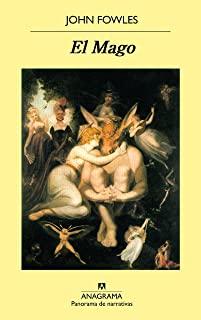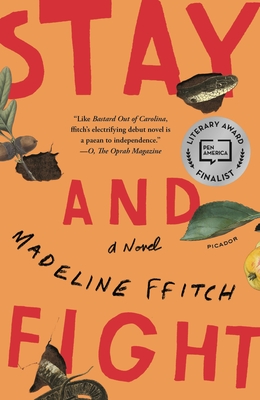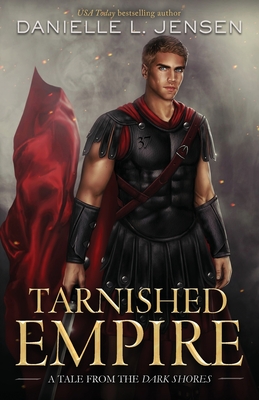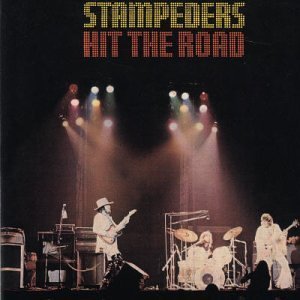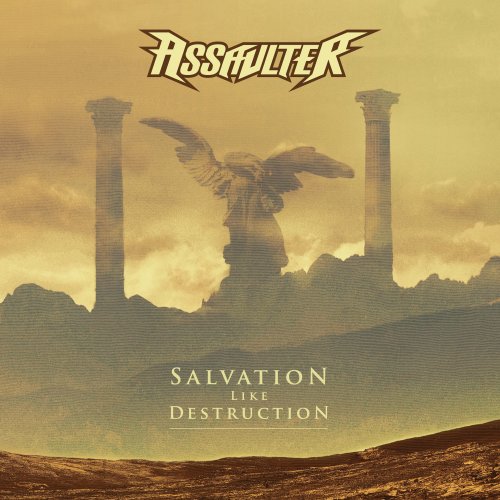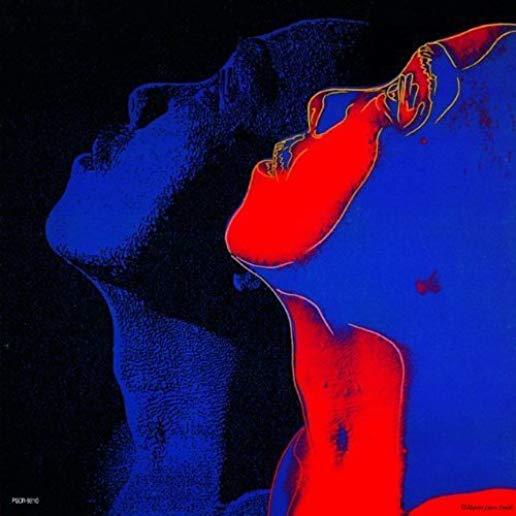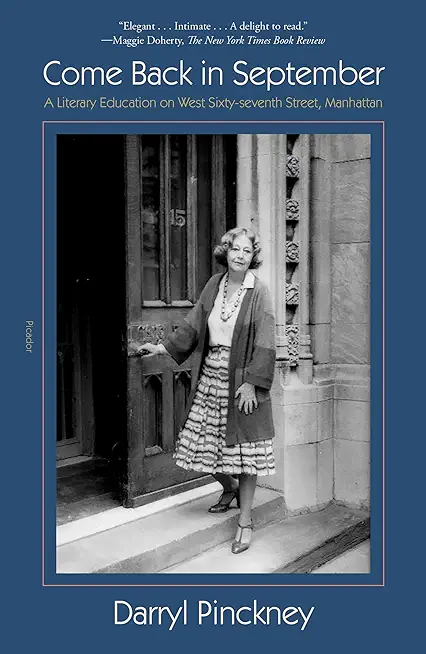
Pinckney, Darryl
product information
description
ney recalls his friendship and apprenticeship with Elizabeth Hardwick and Barbara Epstein and the introduction they offered him to the New York literary world. Darryl Pinckney arrived at Columbia University in New York City in the early 1970s and had the opportunity to enroll in Elizabeth Hardwick's creative writing class at Barnard. It changed his life. When the semester was over, he continued to visit her, and he became close to both Hardwick and Barbara Epstein, Hardwick's best friend and neighbor and a fellow founder of The New York Review of Books. Pinckney was drawn into a New York literary world where he encountered some of the fascinating contributors to the Review, among them Susan Sontag, Robert Lowell, and Mary McCarthy. Yet the intellectual and artistic freedom that Pinckney observed on West Sixty-seventh Street could conflict with the demands of his politically minded family and their sense of the unavoidable lessons of black history. In addition, through his peers and former classmates--such as Felice Rosser, Jim Jarmusch, Jean-Michel Basquiat, Lucy Sante, Howard Brookner, and Nan Goldin--Pinckney witnessed the coming together of the New Wave scene in the East Village. He experienced the avant-garde life at the same time as he was discovering the sexual freedom brought by gay liberation. It was his time for hope. In Come Back in September, through his memories of the city and of Hardwick, we see the emergence and evolution of Pinckney himself as a writer.
member goods
No member items were found under this heading.
Return Policy
All sales are final
Shipping
No special shipping considerations available.
Shipping fees determined at checkout.
